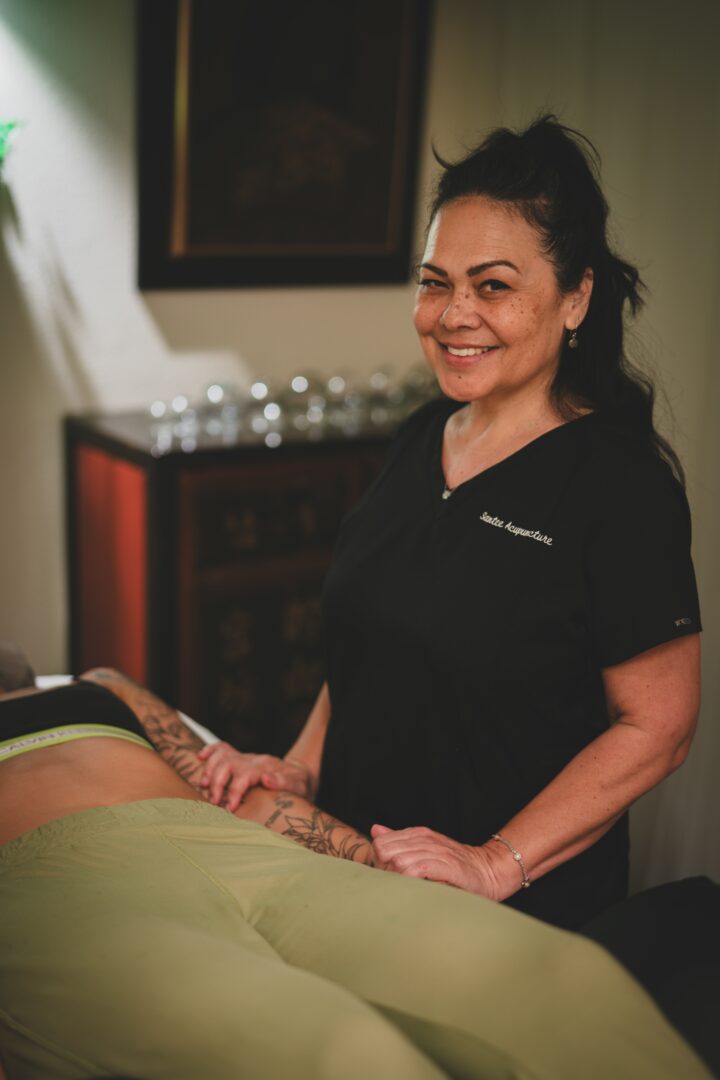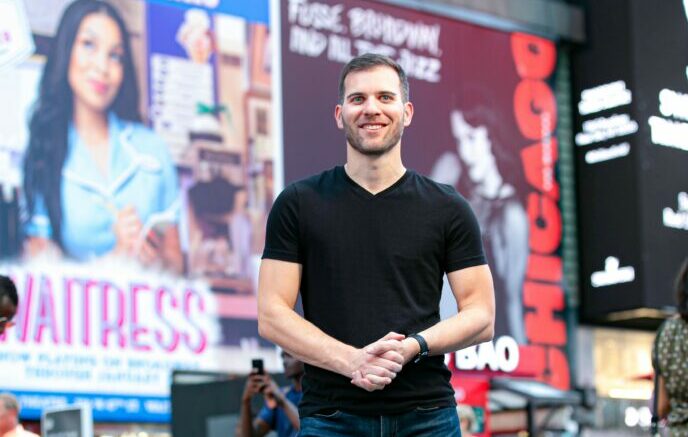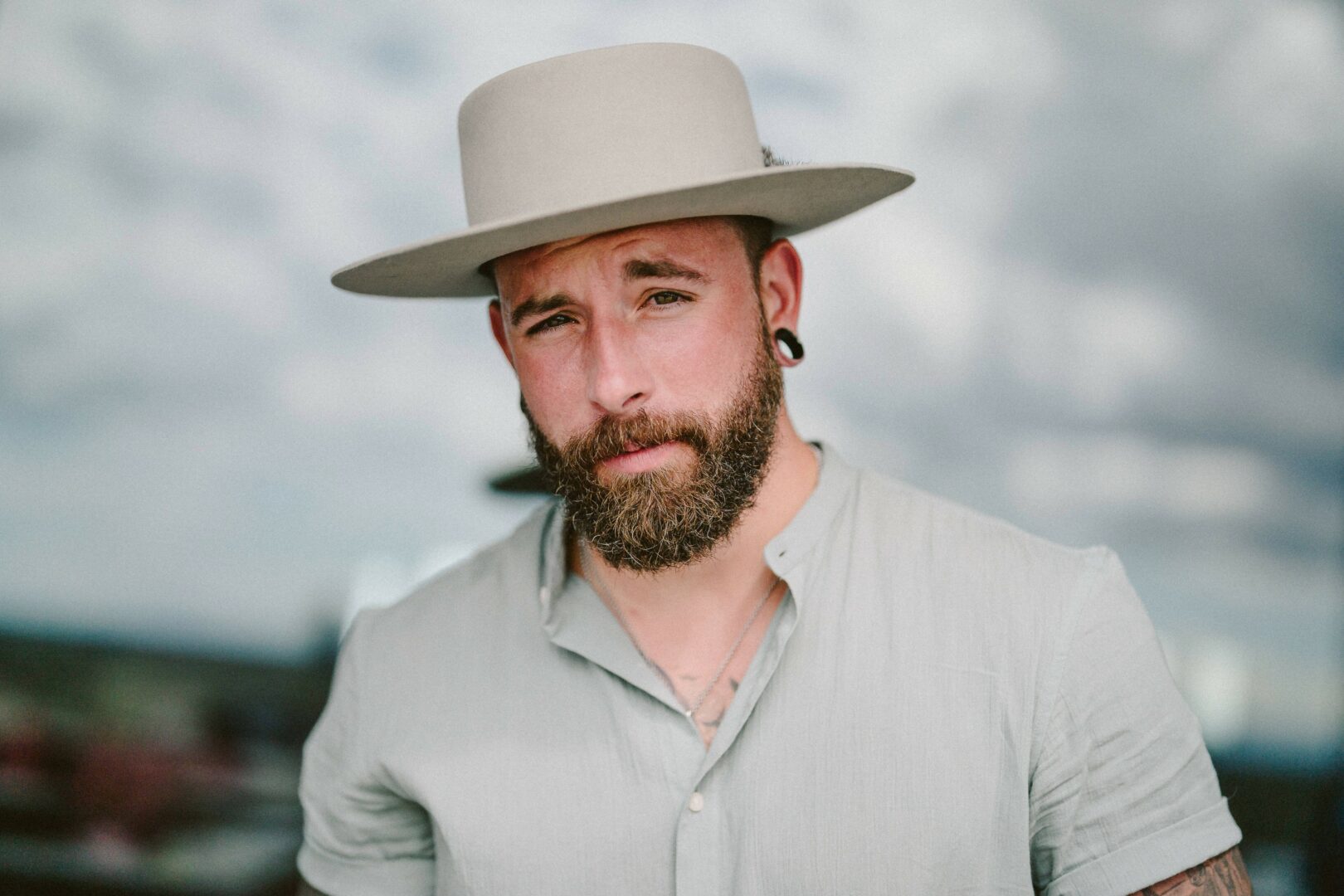We were lucky to catch up with Melissa Marcy recently and have shared our conversation below.
Hi Melissa, thank you so much for opening up with us about some important, but sometimes personal topics. One that really matters to us is overcoming Imposter Syndrome because we’ve seen how so many people are held back in life because of this and so we’d really appreciate hearing about how you overcame Imposter Syndrome.
I shared this question with a few close friends and my therapist and we all had a good laugh because it’s no secret that I still sometimes struggle with imposter syndrome. Albert Einstein said, “The more I learn, the more I realize how much I don’t know.” This is so relatable, humbling, and even overwhelming at times. To prevent myself from spiraling I keep in mind some inspirational gems I’ve read along the way:
Steven Furtick said, “The reason we struggle with insecurity is because we compare our behind-the-scenes with everyone else’s highlight reel.” When I learn of the incredible things that my colleagues are doing, I’m genuinely happy for them and impressed by their ambition and courage, but sometimes get a little down on myself for not being more or doing more. But then I remind myself I am doing my best and life isn’t a competition. We often only see someone else’s end results and usually not the challenges and failures that paved their way to success. We all struggle in our own ways, and failure is an important part of the process because it gives us grit and helps us figure out what isn’t working for us.
Marie Forleo discusses strategies to overcome imposter syndrome, and often reminds her viewers/ listeners, “The world needs that special gift that only you have.” I know there are always going to be acupuncturists who are more educated, skilled, or experienced, but what I have to offer is unique and of value to my community, so I focus on the positive. I don’t think of ways I am unable to help my client, but all the ways in which I can, and it’s reassuring when they say things like, “This is my happy place,” or, “I’ve been looking forward to this hour all week.”
When I reflect on the early days of my journey, I can’t help but acknowledge my growth. My little clinic and wellness practice weren’t handed to me; I worked really hard for many years to be where I am. Reminding myself of the effort I make and of everyone who has supported me helps me deal with imposter syndrome.

Thanks, so before we move on maybe you can share a bit more about yourself?
I own and operate Santee Acupuncture, and I share my space with other wellness practitioners where, collectively, we use different healing modalities to help our clientele feel their best. It’s incredibly rewarding because everyone feels great after a session, including the practitioners. One thing I love is the environment. It’s so relaxing and pleasant. Nobody is in a hurry, we use “inside voices” and the soft music and white noise are really calming. As for my practice, I love connecting with people interpersonally. I also love how mysterious yet effective acupuncture is, and how beautiful the needles look once they’ve all been placed on the acupoints. People come in with all sorts of health concerns, and it’s really gratifying to see them leave feeling significantly better than they felt when they arrived.
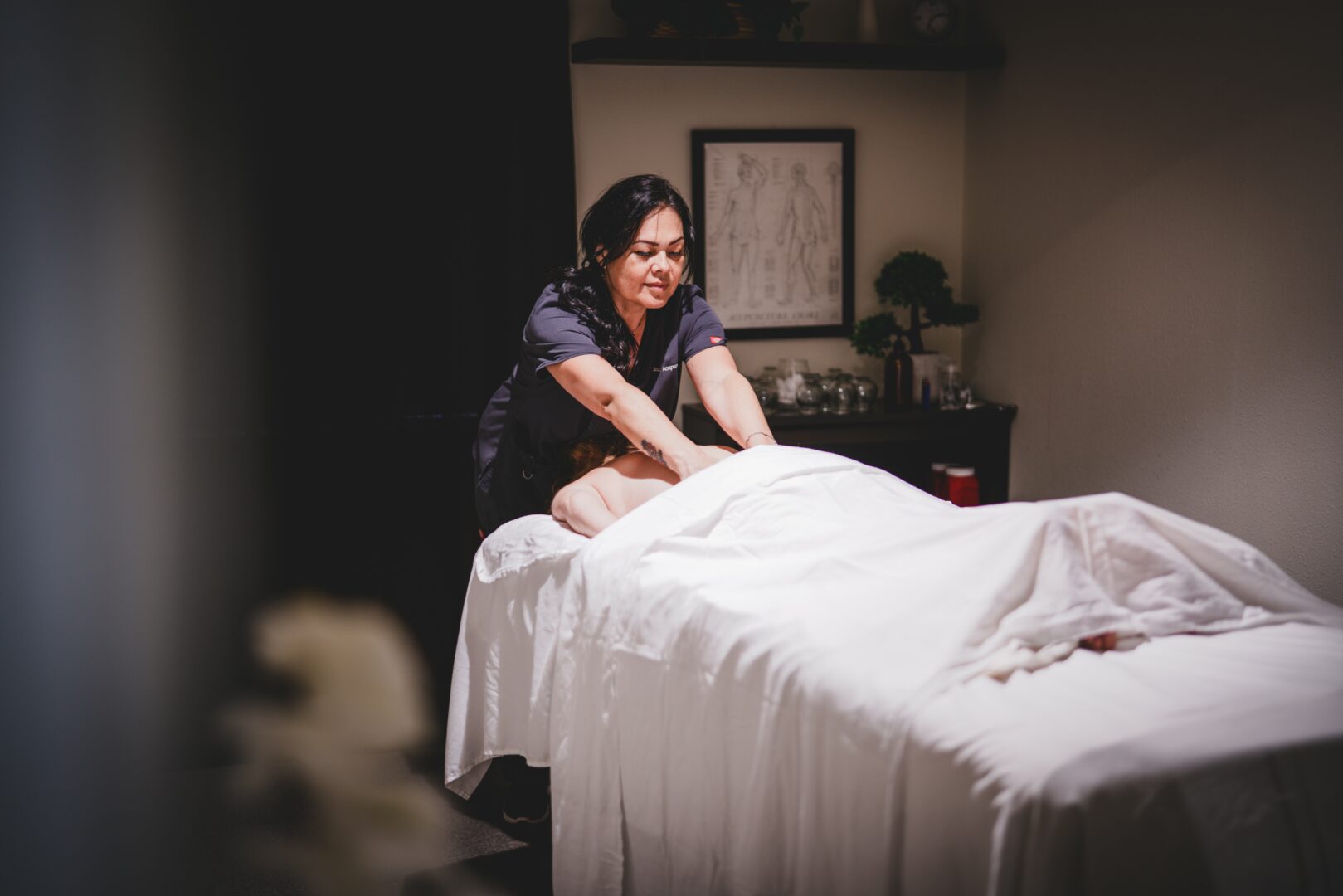
Looking back, what do you think were the three qualities, skills, or areas of knowledge that were most impactful in your journey? What advice do you have for folks who are early in their journey in terms of how they can best develop or improve on these?
I think having faith, whatever that means to you, is fundamental. Looking back, I realize I was in survival mode for most of my adult life, but since I’ve put my faith in God, I know all things are possible. Perseverance and gratitude have also been impactful in my journey: I remember at one point during grad school, I could not see the light at the end of the tunnel because I was also working a part-time job while starting my massage business, going through a divorce, and single-parenting full time, but I didn’t have a backup plan and had gone too far to quit, so I trusted the process and pushed through. Eventually I completed the program and was on to the next step. And that’s just how it’s been as my experience grows: set a goal, work towards it, set a new goal, and so on. My skills and knowledge were acquired along the way, and it helped to have a mentor. I also think it’s really important to regularly count our blessings and express our gratitude. There are always going to be ups and downs, so we have to be grateful for the good times and remind ourselves that all storms pass. The best advice I can offer is to have faith, stay focused, and surround yourself with people who support you so you are encouraged to persevere. Don’t take advice from anyone who isn’t where you want to be, and listen to your own intuition.
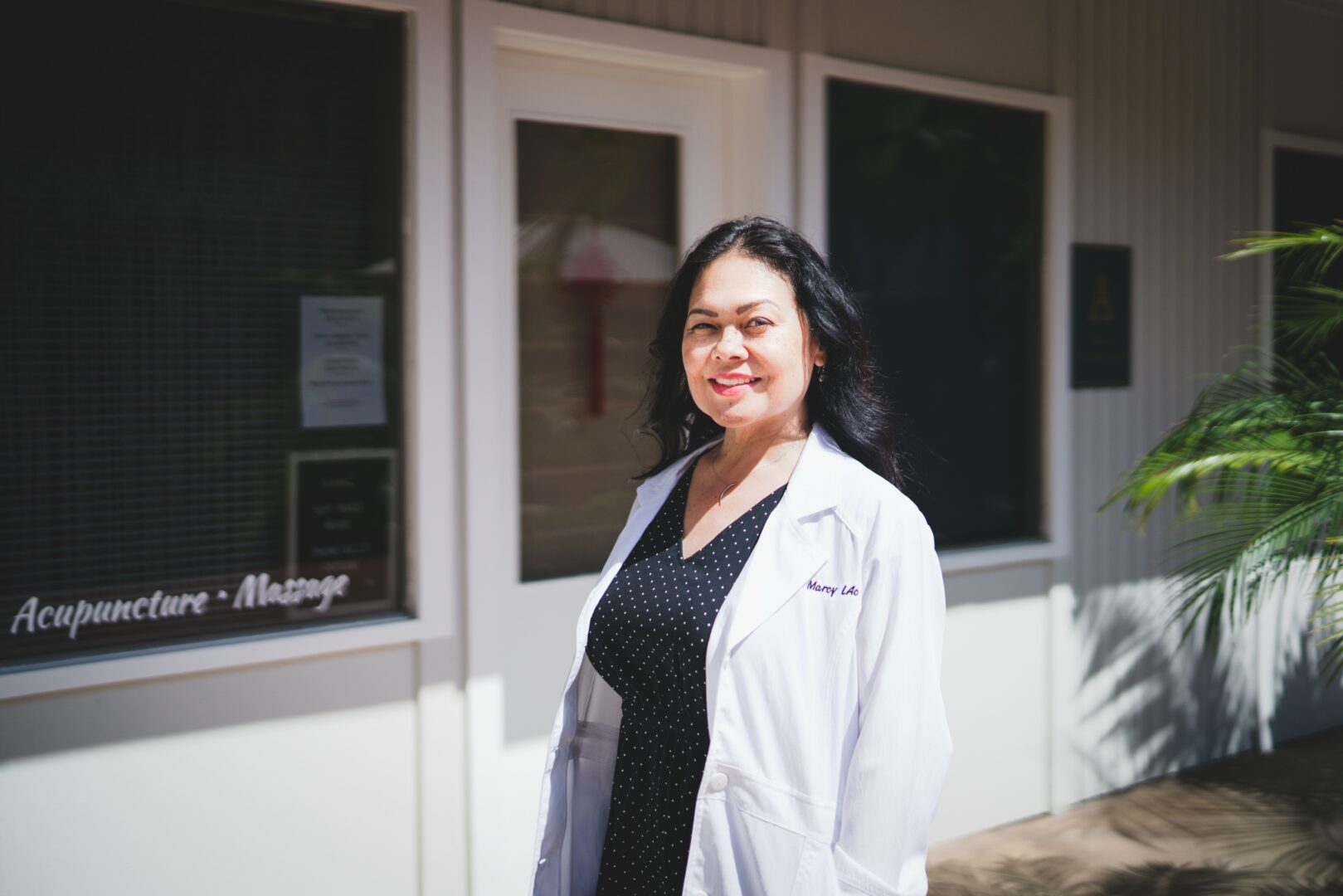
Is there a particular challenge you are currently facing?
My biggest challenge is working enough to maintain a certain standard of care without burning out. I recently contracted with insurance companies and have learned from experience that there are way more insurance patients than I have the time or energy to accommodate so I often have to turn people away, and it makes me feel bad because I know I can probably help them with their conditions but I just don’t have the bandwidth. Ideally, I would like to hire one or two acupuncturists to take on some of the workload so that nobody would be turned away, but until I find a good fit, I am firm with my business hours and time spent in each appointment.
Contact Info:
- Website: www,santeeacupuncture.com
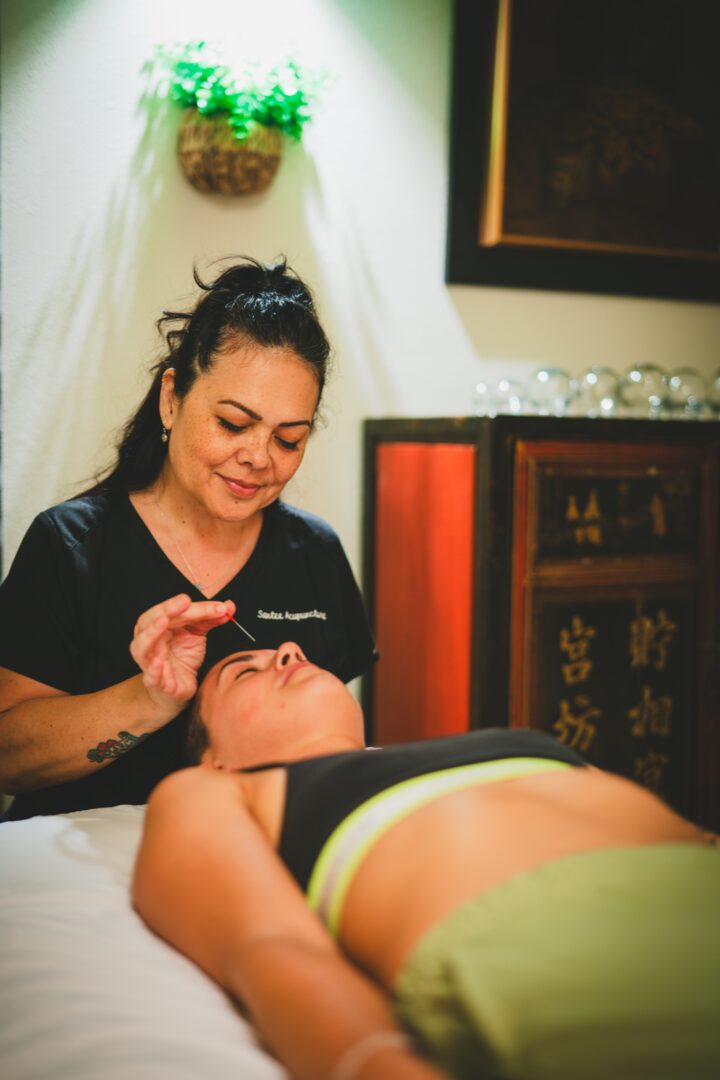
Image Credits
Tim Trevaskis
so if you or someone you know deserves recognition please let us know here.

